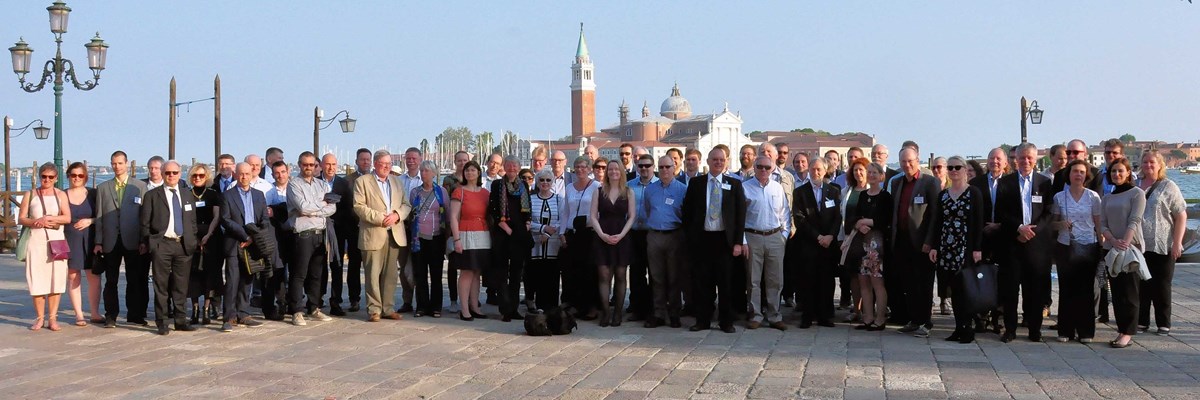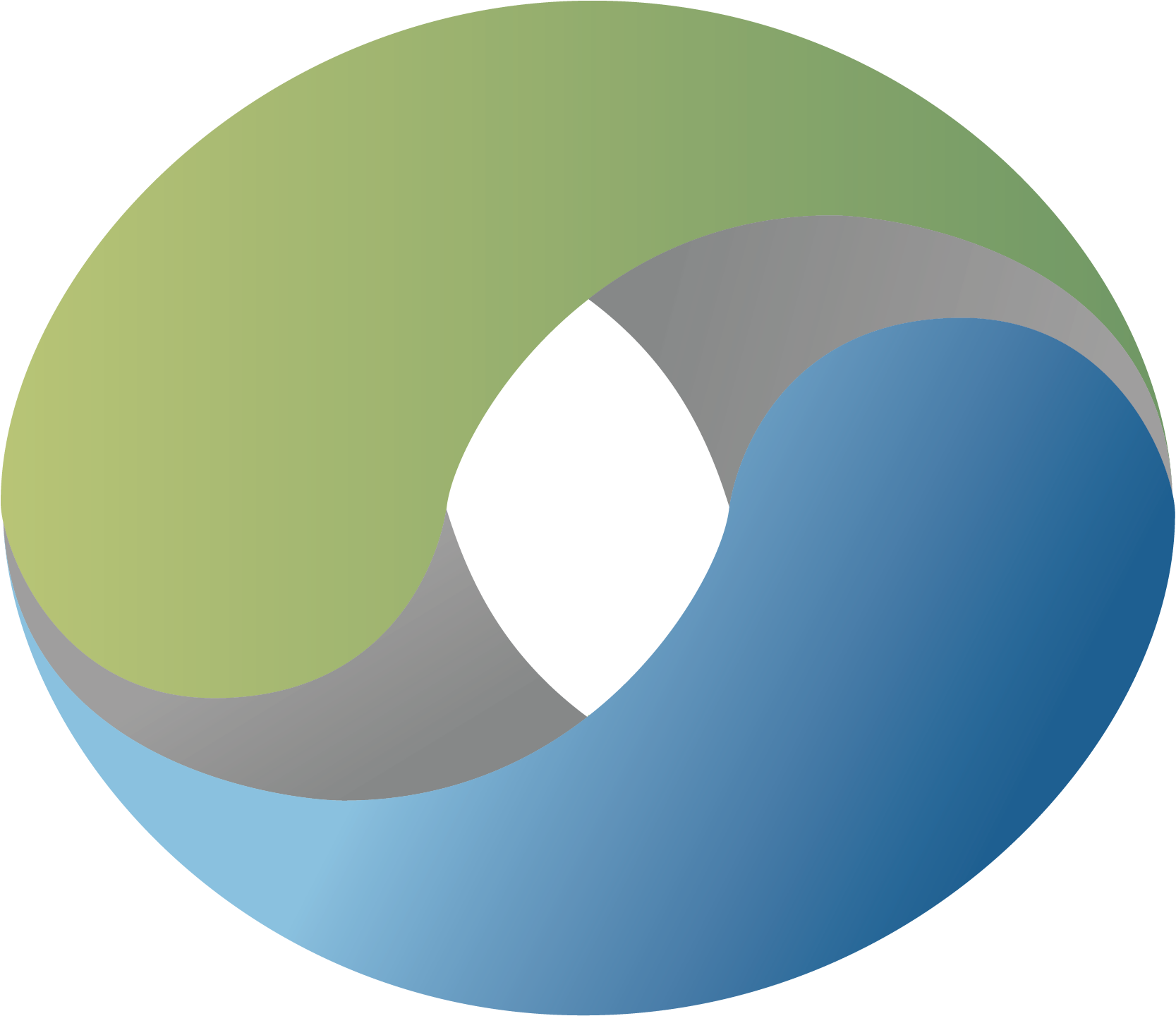Results of the Open Forum 2018

This document presents the 13th Open Forum and the workshops. It also summarizes the event visibility and the key messages.
CO2GeoNet is the European scientific body on CO2 geological storage. The Association currently comprises 29 research institutes from 21 European countries, and brings together over 300 researchers with the multidisciplinary expertise needed to address all aspects of CO2 storage. With activities
encompassing joint research, training, scientific advice, information and communication, CO2GeoNet has a valuable and independent role to play in enabling the efficient and safe geological storage of CO2.
CO2GeoNet was created in 2004 as a Network of Excellence supported by the EC FP6 programme for 5 years. In 2008, CO2GeoNet became a non-profit association under French law, active on both the EU and global scene. From 2013, the membership of CO2GeoNet expanded thanks to the support of the now completed FP7 CGS Europe project. New Members continue to join CO2GeoNet to further enhance the pan-European coverage and expertise of the Association. CO2GeoNet plays a valuable and independent role in enabling the efficient and safe geological storage of CO2, and the annual Open Forum conference it organises, now in its 13th year, has become a “must-attend” event for stakeholders, including EU representatives, industry, regulators, public authorities, NGOs, and the research community.
The Open Forum gives a unique opportunity to meet and interact directly with Europe’s largest group of researchers on CO2 geological storage. This year as usual Open Forum was accompanied by a number of workshops, two dedicated to ENOS and one organised by Gassnova and ARI (Advanced Resources International Inc.). A further initiative organised by the ENOS team has involved scientific journalists and researcher to set up the basis for a long-term dialogue.
This document presents the Open Forum and the workshops. It also summarizes the event visibility and the key messages.
All the presentations held in the 13° CO2GeoNet Open Forum and following workshops are available here.


